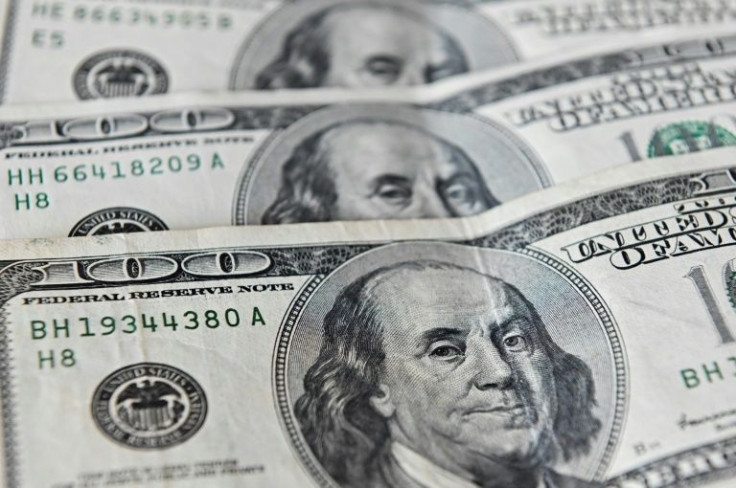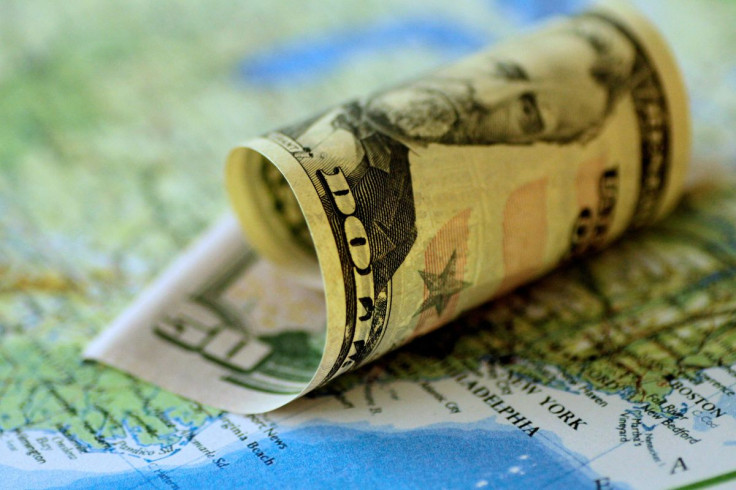Dollar Resumes Relentless Rise As Inflation Stokes Fed Bets

The dollar resumed its relentless rise on Thursday, driven by both expectations for faster Federal Reserve policy tightening and safe-haven flows amid growing fears of a recession.
The greenback charted new 24-year highs above 128 yen and edged back toward parity with the euro, after briefly breaching the level overnight.
Meanwhile, Singapore's dollar and the Philippine peso surged against their U.S. peer after their respective monetary authorities surprised by tightening policy in off-cycle moves.
The buck was 0.37% higher at 137.935 yen after reaching 138.015 for the first time since September 1998.
The euro weakened 0.39% to $1.0020. It touched $0.9998 on Wednesday for the first time since December 2002.
U.S. consumer price figures overnight showed inflation, already at four-decade highs, accelerating even further.
"The bottom line is U.S. inflation momentum is rising," Commonwealth Bank of Australia analyst Kristina Clifton wrote in a client note.
"Stubbornly high inflation increases the risk that the FOMC continues to hike aggressively and triggers a recession," she said. "We expect that recession fears will continue to support USD."
Traders ramped up bets that the U.S. central bank could raise rates by 100 basis points when it meets on July 26-27. A hike of at least 75 basis points is seen as almost certain.
Atlanta Fed President Raphael Bostic added weight behind the speculation, saying the higher-than-expected inflation print puts a full-point increase on the table.
The Bank of Canada later surprised markets with a percentage-point rate, further stoking Fed bets.
The greenback gained 0.11% on Canada's loonie to C$1.2293 on Thursday, but after losing 0.32% overnight.
The U.S. currency slid 0.56% to S$1.3960 and plumbed 1.3929, the lowest since July 1, after the Monetary Authority of Singapore (MAS) tightened policy on Thursday outside of its scheduled meetings to combat soaring inflation.
The greenback lost as much as 0.52% to 56 Philippine pesos as the central bank surprised with a 75 basis-point hike.
The New Zealand dollar dropped 0.31% to $0.61125, heading back toward Wednesday's two-year low of $0.6081, getting little support from the central bank's as-expected half-point rate hike that day.
The Australian dollar was little changed at $0.67605, erasing an earlier loss after data on Thursday showed the jobless rate diving to a 48-year low and as prices of key export iron ore rebounded.
Sterling slumped 0.4% to $1.1847, sinking back toward a two-year low of $1.18075 reached earlier in the week. It had gotten some small respite overnight from data showing the British economy unexpectly expanded in May.

© Copyright Thomson Reuters 2024. All rights reserved.





















